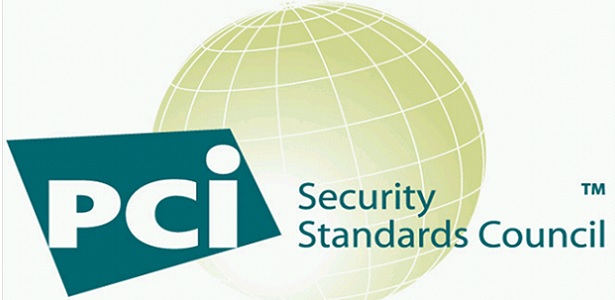PCI Council: SSL encryption protocol cannot be used as security controls to protect payment data after 30 June 2016

The Payment Card Industry Security Standards Council (PCI SSC) published PCI Data Security Standard (PCI DSS) Version 3.1 and supporting guidance. The revision includes minor updates and clarifications, and addresses vulnerabilities within the Secure Sockets Layer (SSL) encryption protocol that can put payment data at risk.
Available now on the PCI SSC website, version 3.1 is effective immediately. PCI DSS Version 3.0 will be retired on 30 June 2015, according to a press release.
The National Institute of Standards and Technology (NIST) identified SSL (a cryptographic protocol designed to provide secure communications over a computer network) as not being acceptable for the protection of data due to inherent weaknesses within the protocol.
Upgrading to a current, secure version of Transport Layer Security (TLS), the successor protocol to SSL, is the only known way to remediate these vulnerabilities, which have been exploited by browser attacks such as POODLE and BEAST.To address this risk, PCI DSS 3.1 updates requirements 2.2.3, 2.3 and 4.1 to remove SSL and early1 TLS as examples of strong cryptography.
The revisions are effective immediately, but impacted requirements have a sunset date to allow for organizations with affected systems to implement the changes:
• SSL and early TLS cannot be used as security controls to protect payment data after 30 June 2016.
• Prior to this date, existing2 implementations that use SSL and/or early TLS must have a formal risk mitigation and migration plan in place. Guidance on interim risk mitigation approaches, migration recommendations and alternative options for strong cryptographic protocols is outlined in the PCI SSC Information Supplement: Migrating from SSL and Early TLS.
• Effective immediately, new3 implementations must not use SSL or early TLS.
• Point-of-sale (POS)/Point-of-interaction (POI) terminals (devices such as magnetic card readers or chip card readers that enable a consumer to make a purchase) that can be verified as not being susceptible to all known exploits for SSL and early
TLS may continue using these protocols as a security control after 30 June 2016.
“We are focused on providing the strongest standards and resources to help merchants and their business partners protect against the latest threats to payment data. The PCI Standards development process allows us to do this based on industry and market input,” said PCI SSC General Manager Stephen W. Orfei. “With PCI DSS 3.1 and supporting guidance we are arming organizations with a pragmatic, risk-based approach to addressing the vulnerabilities within the SSL protocol that can put payment data at risk.”
The PCI Security Standards Council is an open global forum that is responsible for the development, management, education, and awareness of the PCI Data Security Standard (PCI DSS) and other standards that increase payment data security. Founded in 2006 by the major payment card brands American Express, Discover, JCB International, MasterCard and Visa Inc., the Council has 700 Participating Organizations representing merchants, banks, processors and vendors worldwide.
Dariusz Mazurkiewicz – CEO at BLIK Polish Payment Standard
Banking 4.0 – „how was the experience for you”
„To be honest I think that Sinaia, your conference, is much better then Davos.”
Many more interesting quotes in the video below:










